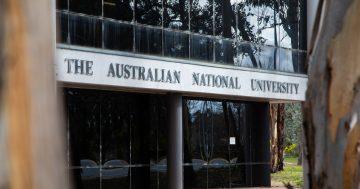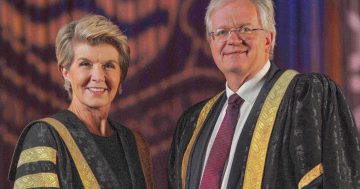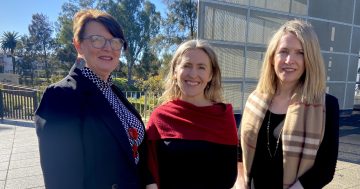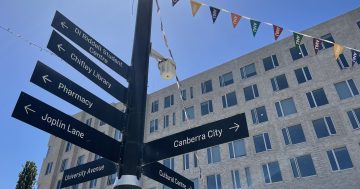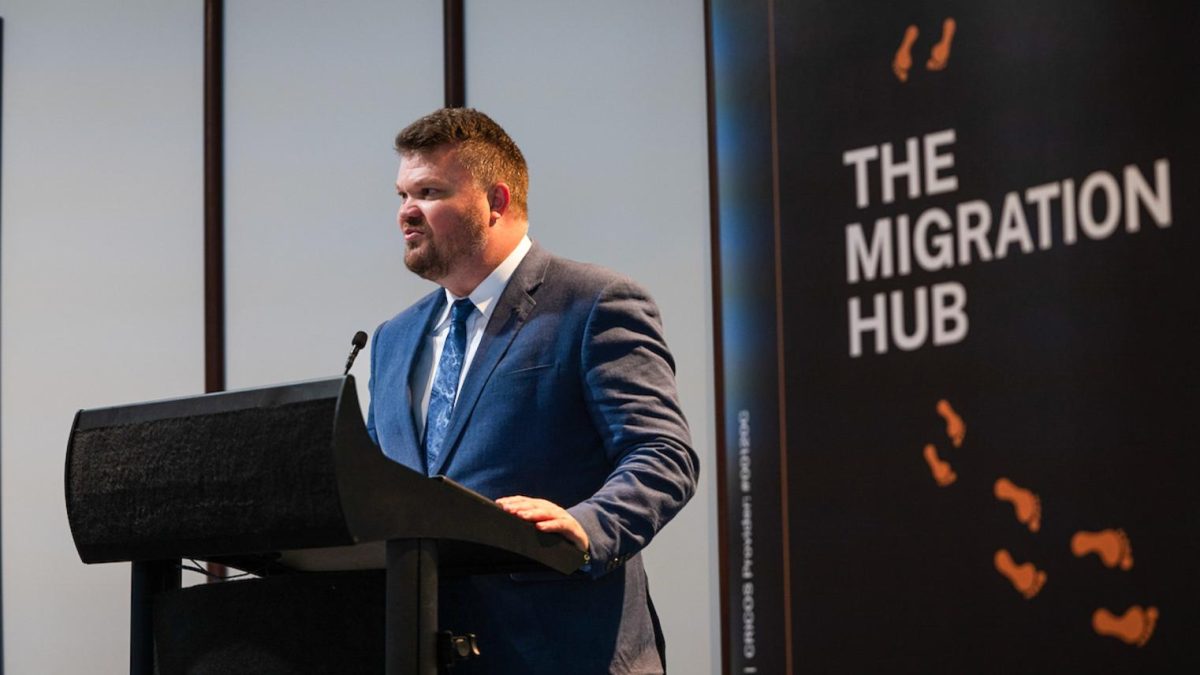
Professor Alan Gamlen is the director of ANU’s Migration Hub, which was launched in 2022 because Australian investment in migration research is at an all-time low. Photo: ANU.
Professor Alan Gamlen says Australia must establish an independently run National Migration Institute to counteract widespread misinformation, which is threatening the country’s democracy and social cohesion.
The ANU Migration Hub director intends for this to be the leading theme of the university’s Migration Update set for Monday (2 September). It will bring together key figures in the space to help inform the public and raise the standard of migration debates in this ”Year of Democracy” – with half the world’s population set to head to the polls at some point in 2024.
At the event, Professor Gamlen will share his concern for the Australian public’s vulnerability to myths, misinformation and sensationalism, due to its all-time low understanding of migration.
“There’s a persistent belief that migration is a crime and security issue,” he says. “This myth has led to the absurd placement of Australia’s immigration functions within this country’s national security agency, equating the movement of people with terrorism and crime.
“The reality is that migration is primarily an economic and social issue, not a security one.
“A National Migration Institute should be dedicated to researching, educating and providing reliable information on migration.”
Australia’s identity remains deeply intertwined with migration, with more than half of its population born either abroad or to overseas-born parents. However, migration is also one of the most polarising issues here and around the world.
Given the focus put on it in the lead-up to the US election, Professor Gamlen says that now more than ever, it’s imperative the public is informed by facts and logic rather than fear and misinformation.
“Moral panic about migration is recurrent,” he says. ”Each iteration drives bad policies and disrupts social harmony. That path ends in conflict.
“Some of the biggest societal challenges of our times are bound up with migration – such as rapid ageing, sustainable population growth, urban congestion, housing affordability, and maintaining social cohesion.
“We can’t address these challenges without a deep understanding of migration.”
Professor Gamlen says Australia’s current migration system needs a major overhaul and requires better coordination between the numerous agencies responsible for different aspects of migration.
He believes this will require not only better governance, but a significant boost in migration research and education through a central, authoritative body such as a national institute.
The National Migration Institute should, according to the ANU expert, develop a system-wide view of migration and its impact on Australia’s economy, society and international relations.
With this, he says, it could also respond to the Multicultural Framework Review. It called for greater capacity-building in the public service, more public-sector engagement with research and a long-term planning approach to migration.
A quarter of Australia’s GDP in 2015 was contributed to by immigration, bringing almost half a trillion dollars to the nation’s economy. Skilled migrants also pay significantly more in taxes over their lives than the average resident.
Knowing this, many economists and Professor Gamlen are confident effective migration policies will create huge returns on investments made by Australia.
“A 1 per cent improvement through research would deliver $5 billion [into the Australian economy],” he says. “Small changes to migration policy make a big difference.”


